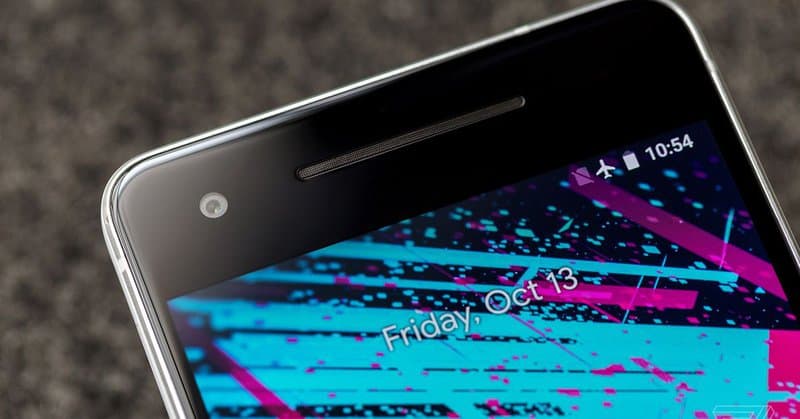The US Customs and Border Protection agency has updated its guidelines for electronic border searches, clarifying what remain broad and potentially invasive procedures. The directive was published today, and it adds new detail to border search rules that were last officially updated in 2009.
Officers can still request that people unlock electronic devices for inspection when they’re entering the US, and they can still look through any files or apps on those devices. But consistent with a statement from acting commissioner Kevin McAleenan last summer, they’re explicitly banned from accessing cloud data — per these guidelines, that means anything that can’t be accessed while the phone’s data connection is disabled.
The guidelines also draw a distinction between “basic” and “advanced” searches. If officers connect to the phone (through a wired or wireless connection) and copy or analyze anything on it using external devices, that’s an advanced search, and it can only be carried out with reasonable suspicion of illegal activity or a national security concern. A supervisor can approve the search, and “many factors” might create reasonable suspicion, including a terrorist watchlist flag or “other articulable factors.”
The ACLU offered limited praise for this update. “It is positive that CBP’s policy would at least require officers to have some level of suspicion before copying and using electronic methods to search a traveler’s electronic device,” wrote legislative counsel Neema Singh Guliani in a press release. But the group also said it “falls far short” of requiring a full search warrant. “The policy would still enable officers at the border to manually sift through a traveler’s photos, emails, documents, and other information stored on a device without individualized suspicion of any kind.” The ACLU called on Congress to press for greater limits on CPB powers.
CPB declares that electronic storage falls under its mandate to search cargo, just like a bag or suitcase. But phones and computers hold far more personal information than most physical containers, and the Trump administration has stepped up border searches aggressively. In a press release, the agency reported a jump in device searches between the fiscal years of 2016 and 2017. It reportedly searched devices for .007 percent of incoming international travelers in 2017, versus .005 percent in 2016. And overall, it carried out 30,200 device searches in 2017, a steep increase over 19,051 the previous year.

